Daily Archives: February 24, 2020
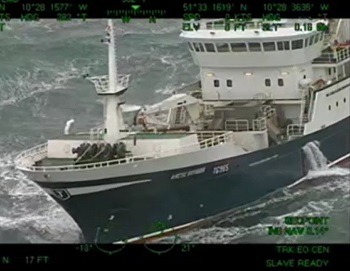
Injured fisherman rescued off Cork, airlifted by Irish Coast Guard Rescue 117
A 22-year-old fisherman from the Faroe Islands is being treated at Cork University Hospital after being hit by heavy chains and falling on steelwork on board a trawler off the Cork coast. The incident happened around 400km off Cork in heavy seas. The fisherman was airlifted off the trawler by the crew of the Irish Coast Guard helicopter Rescue 117. The Faroe Islands’ Marine Rescue Coordination Centre first alerted the Irish Coast Guard. Video, >click to read< 20:56

Fisherman who died going overboard from F/V Lady Brittany on Jan. 21 has been identified
Paul Sayward, 36, of Wareham, was identified as the fisherman who went into the water on Jan. 21 some 50 miles off the coast of Nantucket just before sunrise. The Coast Guard’s Marine Safety Detachment Supervisor for New Bedford, said a call was received on Jan. 21 at 5 a.m. for a person in the water. The Lady Brittany returned to her port at Sea Watch International in New Bedford following the incident. >click to read< 18:41
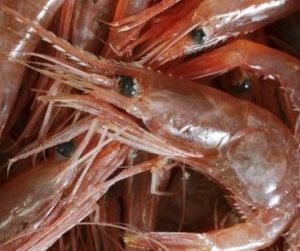
Cautious, healthy and critical. Northern shrimp stocks a mixed bag, suggest DFO’s latest numbers
Shrimp in fishing areas 4, 5, and 6 are assessed by the Department of Fisheries and Oceans every February. On Monday, the agency said despite some uptick, “We continue to be concerned about the future of these stocks.” For shrimp fishing Area 4, the stock remains in the cautious zone. For shrimp fishing Area 5, the stock is in the healthy zone. For shrimp fishing Area 6, the stock remains in the critical zone, according to DFO’s briefing. DFO said there are several factors that could account for Area 6 retaining critical status, including above-average bottom temperatures, and more predators. >click to read< 15:31
VIDEO: DFO northern shrimp stock assessment for N.L. far from rosy – >click to read<
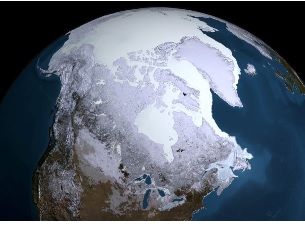
Could Global Cooling Be Our Bitter-Cold Reality?
Trying to imply that cooling is right around the corner when we’re watching record-breaking warm ocean temperatures to me seems a big stretch. But current facts and the history around the five previous Ice Ages that came and melted before fossil fuels became recognizable words may be worthy of review. The real climate crisis may not be global warming, but global cooling, and it may have already started. These events may not be an anomaly, but a predecessor of things to come: Planting was one month late due to cold spring weather across the Great Plains of North America in both 2018 and 2019. >click to read< 11:15
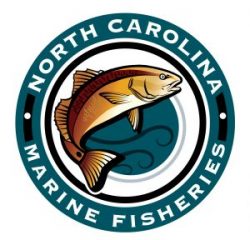
North Carolina Division of Marine Fisheries to begin industry funded survey of shrimp trawl fishermen
The N.C. Division of Marine Fisheries will begin contacting shrimp trawl and skimmer trawl vessel operators in the coming weeks for a survey about the types of gear they use. The division wants to know what bycatch reduction devices and turtle excluder devices are currently used in the North Carolina commercial shrimp fishery. The survey also includes questions about overall gear configurations, as well as some socioeconomic information, such as costs and revenues of the shrimping business.The survey is being conducted at the request of the Marine Fisheries Commission and the commercial fishing industry. The survey is funded by the North Carolina Commercial Fishing Resource Fund, which receives money from commercial fishing license sales and supports a grant program that is managed by commercial fishing industry stakeholders. >click to read< 10:22

Stranded lobsters and missing wedding dresses: The coronavirus is a daily reminder of China’s global reach
All along the western Australian coast, a backlog of rock lobsters are stuck waiting in their tanks, as their main market remains all but closed. In New Jersey, a boutique has been unable to fill all its wedding dress orders. A small business owner in London can’t source enough human hair extensions, wigs and weaves for its online sales. The deadly novel coronavirus that has devastated the Chinese economy is having a ripple effect across the globe. The food we eat, the work we do and the clothes we wear — many are daily reminders of the vital role China plays in the global economy. >click to read< 08:27


































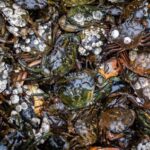
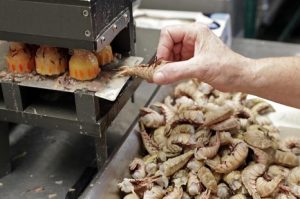


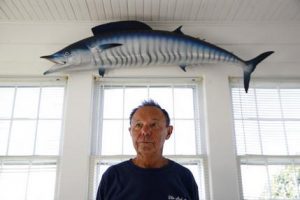

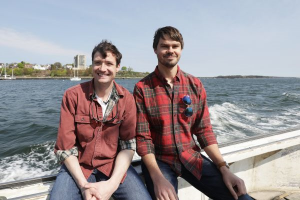
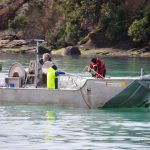
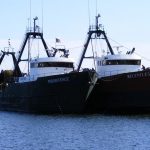



US Fish & Wildlife Service will be soliciting public input regarding management of cormorants
The fishing public may finally get some relief from the Federal government, in regards to the double crested cormorant. Cormorants are migrating fish eating sea birds that have been around the Great lakes area en mass since the early 1970s. Cormorants are dark in color, have a wide wing span, a long bill (beak) and reportedly eat about 500 grams of fish per day individually. They colonize in areas and fan out daily about 20 miles from the colony core and eat. In concentrated numbers, their feces, called guano, is so acidic it will kill all plantlife.,, The deadline for commentary is March 9. >click to read< 07:43
Share this post